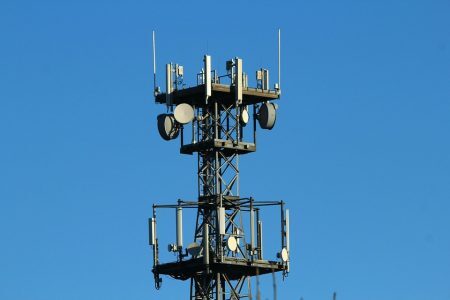Late last year South African mobile service operators Vodacom and MTN were instructed to drop the prices of… well, everything from calls to data. They were given 60 days in order to do so and as of today, those 60 days are up.
Browsing: internet
Many young people spend significantly more time using screens than is recommended by health professionals. Excessive screen time has been blamed for several ills, including obesity and poor mental health. To mitigate these negative effects, we need to understand the things that encourage children to spend lots of time in front of a screen.
The digital economy has been getting a lot of attention, with increasingly strong headlines offering apocalyptic as well as breathtakingly exciting scenarios. Some warn of job losses due to automation, some wonder at the things digital technology can do. And then there’s real scepticism about whether this will translate into delivering to people who need it most.
We used to be told not to get into stranger’s cars and definitely not meet strangers from the internet. (It’s…
Humans are more connected to each other than ever, thanks to smartphones, the web and social media. At the same time, loneliness is a huge and growing social problem.
If you’re like most workers, you don’t spend 100% of your time at the office doing what you’re supposed to be doing. In fact, on average, U.S. workers spend about 10% of their work day surfing the internet, emailing friends or shopping online. This so-called cyberloafing costs employers up to US$85 billion a year.
Light Start: SA internet is broken, Huawei doesn’t need Google, 120fps mobile Fortnite and an exploding Falcon
Each one of us could be watching an online video at some point on any given day. We could be…
All over the world, the internet has provided extraordinary socioeconomic opportunities to businesses, governments, and individuals. But less developed countries…
Satellites are becoming increasingly important in our lives, as they help us meet a demand for more data, exchanged at…










